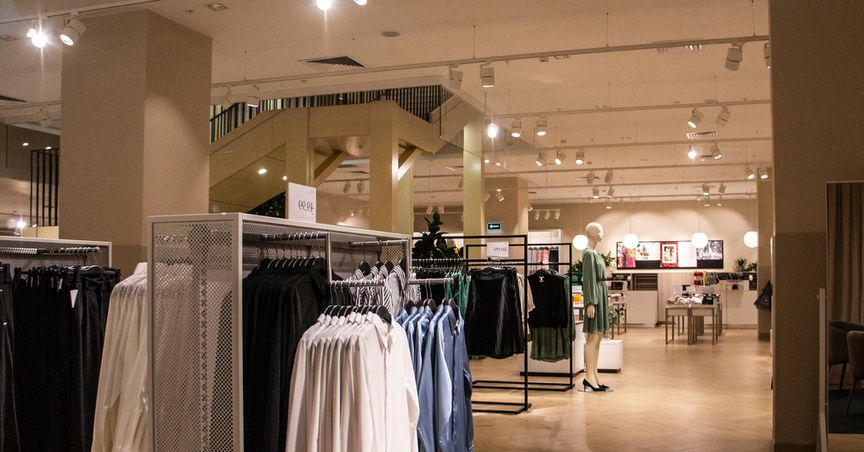Summary
- The legendary Arcadia fashion empire of Sir Philip Green fell into administration last year
- Collapse of Arcadia was the biggest corporate failures in the pandemic period in the UK
- Many top retailers are looking to acquire Arcadia’s most valuable brands -- Topshop, and Topman
One of the most famous business tycoons of Britain, Sir Philip Green’s fall was the major talking point for the retail industry last year, with his business falling in a shamble. The legendary Arcadia fashion empire, which at once had its presence at every major high street of the nation, fell into administration amid the pandemic crisis, marking an end of an era for the business tycoon, whose journey was quite controversial.
Green, one of the top retailers of the bricks-and-mortar retailing era with his worthy possession of BHS and Arcadia, is a clear example of riches to rags. Green, who was also awarded a knighthood for services to retail, came to limelight when he tried taking control of Marks & Spencer and though he failed, he left solid impression within the retail community.
Fall of Arcadia
Fall of Arcadia was not only financial disaster but a fall in reputation for the whole empire. While BHS does not even exist now, Green’s all efforts to disentangle himself from Arcadia without loss of face failed, and the retail behemoth fell into administration towards the final month of the decade, putting more than 13,000 jobs at risk.
It was one of the biggest corporate failures in the pandemic period in the UK, but experts just do not blame the pandemic for the downfall, troubles were brewing up since long.
In 2016 BHS collapsed amid another controversy of being sold to Dominic Chappell, who recently was in the news for being sentenced to 6- years in jail for tax evasion on the £2.2 million income received from his takeover of BHS.
Later, in the year to 1 September 2018, the last published results of Arcadia’s parent company Taveta, there was a loss of £177.3 million, and it resulted in thousands of job cuts. That was not all. Green was alleged of discrimination and sexual harassment, though he vehemently denied the charges, but somewhere they were indications of things to come.
Also Read: UK’s Fashion giant Arcadia goes into administration; 13,000 jobs at risk
Pandemic impact
Pandemic was the final blow for the empire. Coronavirus fear led to the closure of the high street, and the high street-focused businesses, which relied more on large store networks and department store concessions turned out of time with online rivals capturing the major market share.
Also, it was the failure of the business to expand overseas, where the international rivals had an edge, as Green failed to invest in time. Arcadia had just 22 overseas stores apart from the 450 directly leased stores in the UK.
Watch: Why is Philip Green's Fashion Retail Empire on the brink of insolvency?
Top brands in demand
Finally, the owner of the famous brands like Topshop, Dorothy Perkins, Topman, Evans Miss Selfridge, and Burton collapsed into administration, with Deloitte appointed as administrators. Now, everyone’s focus is on the most valuable brands -- Topshop, and Topman.
Next, the high street rival of Arcadia, along with the US hedge fund Davidson Kempner, who was top in the race to acquire the Topshop brand, has recently pulled out, while Authentic Brands and Shein, a Chinese online fashion retailer, is still in the race, but now the online retailer Asos has taken the lead.
If any high street contender wins the race, it would be good for both the brand and staff, but if an online player is a winner, the staff will be at a disadvantage. Whoever wins, it will be the Arcadia's pension scheme, which will have the biggest claim on proceeds generated by the sale.




